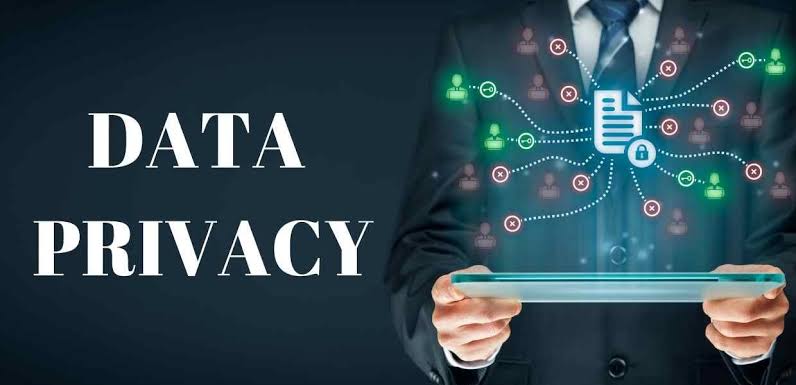Data Protection Provisions and The Right to Privacy in cyber space
- Right to Privacy
The behavior of a person is different when they are alone and when they are under surveillance. Privacy is craved universally and instinctively in the human behavior, just like eating food or drinking water. Hence privacy is essential for an individual. In the current technological milieu, the access to personal information has become easily accessible in the public domain. Such information is used by government and corporate organization for their benefit. Privacy ordains that an individual is at liberty to live his or her life with the intrusion of the society. The discourse on the evolution of legal rights with respect to privacy rights has witnessed a drastic change. The modern issues of privacy are more intricate and constitutes of manifold issues such as using AI for modification of photos or videos, Hacking, information theft etc., The right to privacy was declared as fundamental right under article 21 of the constitution under the landmark judgment of Puttaswamy v. Union of India (Aadhar case). Privacy has a primary relation with selective sharing of information, in the digital world this information is stored in the form of Data. According to the Information Technology Act, 2000 the term “Data” refers a representation of information, knowledge, facts, concepts, or instructions which are being prepared or have been prepared in the formalized manner, and is intended to be processed, or has been processed in a computer system or in any form or stored internally in the computer.
- Need for data protection provision
Effective data protection laws bring a sense of trust among the citizen whilst using Internet. Over recent years, the increase in the daily internet users have rose exponentially, which have resulted in crimes such as frauds, identity theft, information leak etc., It is very essential for a government to safeguards the interest of its citizen’s personal data from unlawful gains or losses. There are various provisions constructed by the India parliament with regards to laws that govern the cyber space. One such Legislature is Information Technology Act, 2000.

- Data protection Provisions of The Information Technology Act, 2000
Information Technology Act was made in order to facilitate E-Commerce in India. This legislature took its inspiration from the UNCITRAL Model Law. The provisions that govern Data protection and provide remedy for the breach of privacy are:
Section 43 A: Compensation for failure to protect data. –Wherein the body corporate, possesses, deals or handles any sensitive personal data in the computer device with is owned by such body corporate, is negligent in implementing and maintaining reasonable security practices which could cause wrongful loss or wrongful gain to any person, such body corporate shall be liable to pay damages by way of compensation to the person so affected.
Section 72 A: This section provides for the criminal liability for the disclosure of information in breach of lawful contract. The act states that any person including an intermediary who while performing his duty has secured access to any material containing personal information causes wrongful loss or wrongful gain without the consent of the owner of such in formation is liable for imprisonment for a term which may extend to three years, or with fine which may extend to five lakh rupees, or with both.
Author: Sadhwi N. Bengeri, a student at Karnataka State Law University’s Law School, Hubballi
Resolving IP Disputes through Mediation and Arbitration

